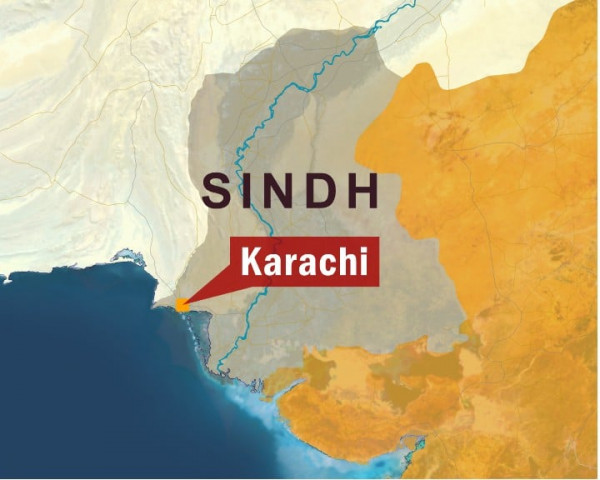Curriculum development: Medical schools need to offer more clinical skills
At DUHS experts say too much emphasis is laid on theory.

“This would increase a student’s practical experience and sense of responsibility,” said Dr Shams Nadeem Alam, a surgery professor at the university. “They will become better doctors.”
Dr Alam said that such a revised curriculum should identify the core knowledge and skills required for adequate patient care.
“Even though the graduates get into many residency programmes in Pakistan and abroad, the absence of a coherent curricular definition has been leaving their clinical skills underdeveloped,” he added.
Dr Alam also pointed out some problems that medical schools will initially face when they revise the curriculum. For example, there might be a shortage of faculty in some areas. “However, if the institution succeeds in overcoming the obstacles, the new curriculum will allow Dow university to lead its contemporaries.”
Dr Fatima Mehboob, a professor of medicine at King Edward Medical University, Lahore, compared a “micro teaching” method with traditional training programmes in medical schools. “Even specialised doctors should learn the art of teaching,” she said. Just because you may be an expert surgeon, dermatologist or physician does not mean that you can properly teach medical students with the same expertise, she pointed out.
She felt that the emphasis on theoretical teaching is a major drawback in traditional training programmes which neglect hands-on work. “In [this system], a teacher’s concentration is always on the number of lessons and content [instead of practical training],” she said.
The chief guest at the event was the secretary of the National Regulations and Services, Ghulam Rasool Afan, who lauded Professor Masood Hameed Khan, the vice chancellor of DUHS, for what he said was his determination to help the institution progress. “Despite the cumbersome and lengthy procedures of the ministry of health, Dr Khan has never hesitated to contact the ministry in order to get his work done,” he said.
At the end of the proceedings, Afan quipped that he would become a professor one day, if he continued to visit institutions such as DUHS.
The participants were awarded mementos and certificates by the vice chancellor at the end of seminar.
Published in The Express Tribune, January 9th, 2012.



















COMMENTS
Comments are moderated and generally will be posted if they are on-topic and not abusive.
For more information, please see our Comments FAQ